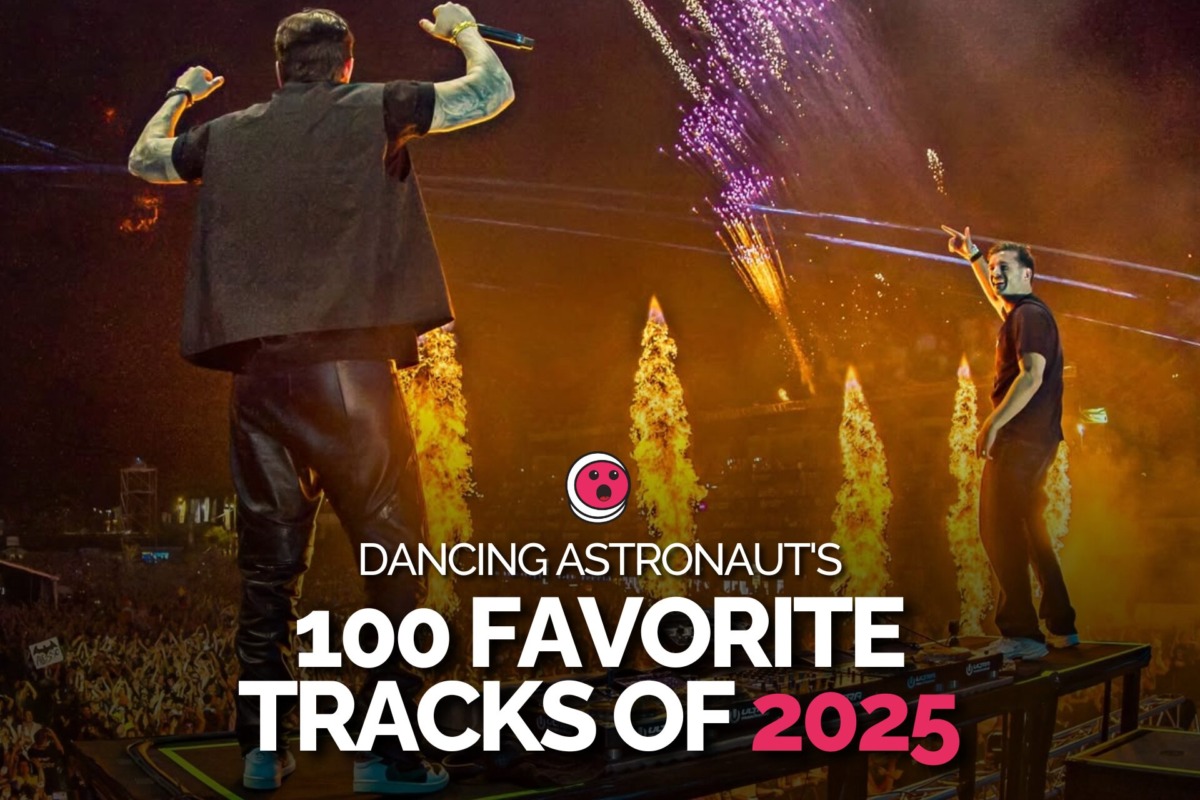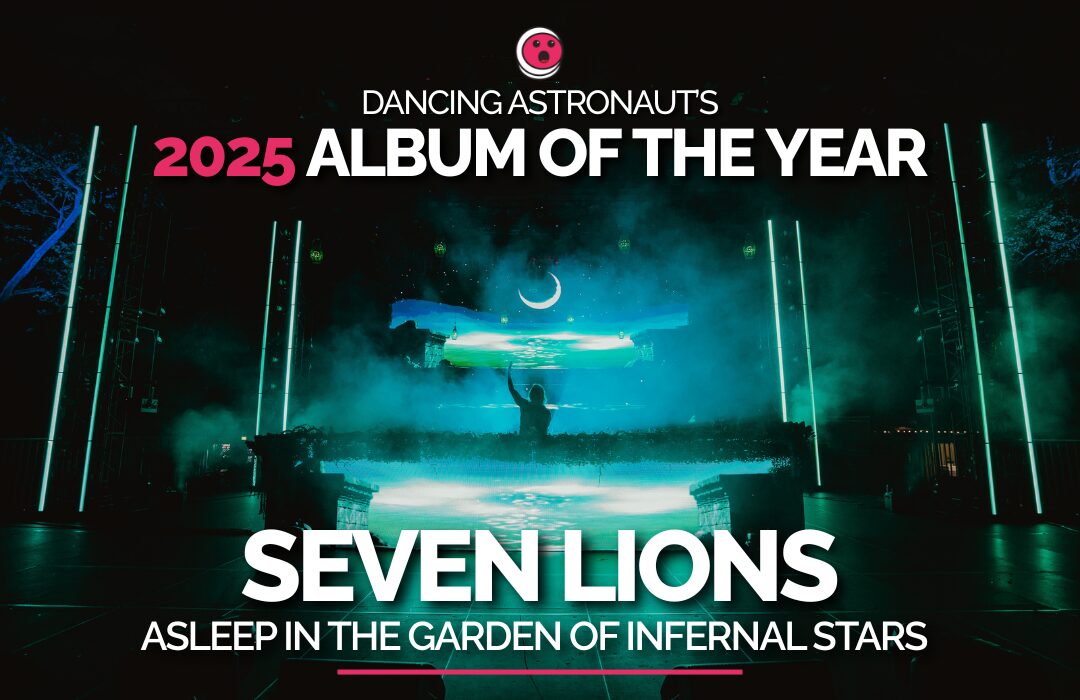Patrick Imbert's movie The Summit of the Gods, based on the manga by Jiro Taniguchi, is very different from most manga adaptations produced in the West. For one thing, the manga it's based on isn't a popular franchise with preexisting anime adaptations, but rather a realistic seinen manga without the same obvious commercial sell. For another thing, despite being so realistic that a live-action adaptation would be genuinely feasible, Imbert chose to produce The Summit of the Gods as an animated film. The combination of these two factors is practically unheard of, making the French/Luxembourgian animated feature a fascinating anomaly.
Usually, when a Western studio chooses to adapt a manga, they lean toward titles with the most obvious name recognition. This typically means series with popular anime adaptations: Dragon Ball, Ghost in the Shell, Death Note and so on. When there is a Western adaptation of a manga without an anime, there's usually some other adaptation that gives the source material added name recognition, such as Spike Lee's Oldboy adaptation building off the popularity of Park Chan-wook's Korean film. While The Summit of the Gods had a live-action Japanese movie, it was nowhere near an international sensation like Oldboy.
Taniguchi himself does have greater name recognition in France than in the United States. His manga A Distant Neighbor received a French-Belgian live-action film in 2010, and in 2011, Taniguchi himself was knighted a Chevalier of the Ordre des Arts et des Lettres. The fact Taniguchi's popularity in France comes with such deep respect for his artistry, however, likely contributed to the fact The Summit of the Gods is such a clear artistic passion piece rather than a commercial cash-in like most American anime adaptations.
This sense of artistic respect is felt deepest in the most distinctive aspect of the film: its gorgeous animation. Because animation is so often thought of as kids' fare in the West, most Western anime adaptations end up being done in live-action with the exception of spinoffs from heavily-localized Saturday morning series (Voltron, Robotech, Speed Racer, etc.). There's nothing about The Summit of the Gods' tragic mountain-climbing story that demands it to be done through animation, but the choice to recreate Taniguchi's artwork as best as the filmmakers feasibly could makes the movie extremely impactful (and also clearly defines this as an adaptation of Taniguchi's manga rather than Baku Yumemakura's prose novel).
Is The Summit of the Gods the best Western adaptation of a Japanese manga so far? That's debatable. As gorgeous and thrilling as the movie is, its nonlinear storytelling can get confusing, perhaps as a result of trying to condense five volumes of manga into a single feature under two hours, and the story itself is more driven by the visceral terror of the experience rather than going particularly deep with its characters.
However, the adaptation feels like it comes from the purest place, concerned entirely with preserving what makes its source material interesting rather than trying to squeeze it into some easily marketable mold. Even something as unique in execution as the Wachowskis' live-action Speed Racer was still trying to sell itself as a four-quadrant blockbuster; conversely, The Summit of the Gods isn't even pretending to fit any ordinary molds. It's a bold work of adult animation that opens up possibilities for other anime-less seinen stories to receive lavishly animated adaptations in the West. Just imagine the potential of Imbert's team tackling unadapted works of Naoki Urasawa or Taiyo Matsumoto.
The Summit of the Gods is streaming on Netflix.
About The Author

